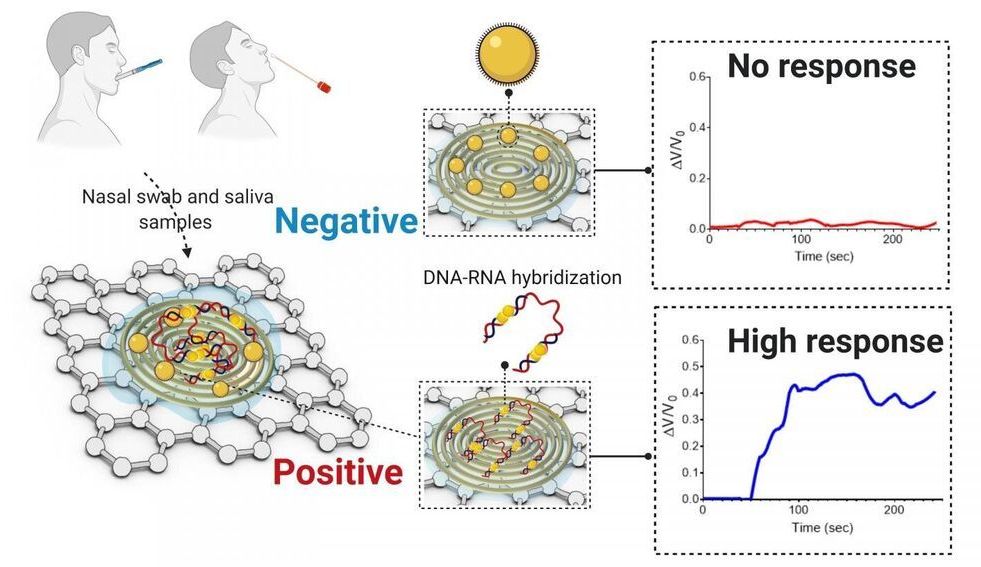“According to a statement from CareFlight on today’s launch, the zero-emission vehicle’s cruising speed is 300 kilometres per hour and its range 250 kilometres (electric-powered) or 800 kilometres (hydrogen-powered).”
A Bankstown Airport-headquartered startup, AMSL Aero, has officially launched its electric air ambulance, the Vertiia. The vertical takeoff and landing (or VTOL) vehicle — a flying car — is under development through a two-year CRC-P project, supported by a $3 million grant. It is led by AMSL, with partners CareFlight, University of Sydney and Mission Systems. According to a statement from CareFlight on today’s launch, the zero-emission vehicle’s cruising speed is 300 kilometres per hour and its range 250 kilometres (electric-powered) or 800 kilometres (hydrogen-powered).Co-founder Andrew Moore said the potential applications were vast, but they have initially targeted the area of greatest current need: providing rapid access to medical services for vulnerable remote, rural, and regional communities.









